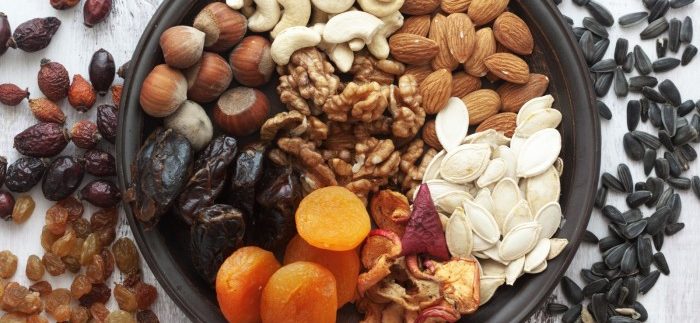Ramadan in Cairo 2014: How to Stay Healthy and Hydrated

Gaser El Safty
Although we’re already one week into Ramadan, it doesn’t get easier for many especially when combined with the summer heat and the rigours of a job. The core of the problem is quite simple; Ramadan is not about food.
While the debate between how healthy fasting really is goes back and forth, one thing is for sure; if you’re not sensible, it’s probably going to be bad for you. Although it’s worth mentioning recent research findings have lead scientists to believe fasting can help regenerate the immune system by triggering stem cell based regeneration of white blood cells.
Immune system aside we’ve assembled a short list of valuable tips involving what to do and what not to do, exercise, smoking and coffee.
Finding yourself regularly drained of energy? You need a high fibre, slow release complex carbohydrate for sohour containing whole grains, fruits, yoghurt and nuts that digest slowly and release energy throughout the day, keeping you fresh and alert.
Find yourself regularly dehydrated? Stop drinking coffee, tea and soda. Caffeine speeds up dehydration. Cigarettes don’t help either. Drink plenty of water between fetar and sohour.
Find yourself completely drained after Fetar? Your stomach is probably in shock from over indulgence and/or fatty fried food and sweets. This is the single biggest reason for weight gain in Ramadan.
There’s a reason the Sunnah is to eat dates and milk, go pray, and then come back to eat. It allows the stomach, which has been inactive for about 15-16 hours, and your metabolism to readjust. It’s best to only have salad and soup, and then eat a bigger meal a couple of hours later. Ramadan drinks like Amar El Din, Tamr Hindi and Hibiscus are also good because they provide enough sugar to pump some energy back into you.
Can’t find the time to exercise? If you’re looking for time before the call to prayer, you’re fighting an uphill battle. Dehydration is one of the worst things you can do to yourself while fasting. That’s even worse if you exercise outdoors because you should avoid the sun as much as possible while fasting. However, if you get yourself used to having a light meal for fetar and then take a 15-20 minute walk, it’ll help regulate your body functions and give you the energy needed to exercise later in the night after you have digested a bigger meal.
Not smoking giving you a skull splitting headache? You’re also fighting an uphill battle, because you have two headaches. One from the nicotine withdrawal and another from the dehydration cigarettes are causing you. While there is no fitting time to quit smoking, a whole month where you don’t smoke for over half the day might not be such a bad place to start the process.
Find yourself gaining weight? You must understand that the three usual meals of breakfast, lunch and dinner are not very healthy to begin with. Lessening them to two is even worse. There’s a reason why athletes and body builders eat five spaced out meals throughout the day. Eating less does NOT make you lose weight, eating right and understanding how metabolism works does. Try to break up your eating into different courses between fetar and sohour.
Good luck and Ramadan Kareem!
recommended
 Cafés
Cafés
Bite Into the Croffle Craze: The Best 5 Spots to Try Croffles in Cairo
cafes cairo +2 City Life
City Life



